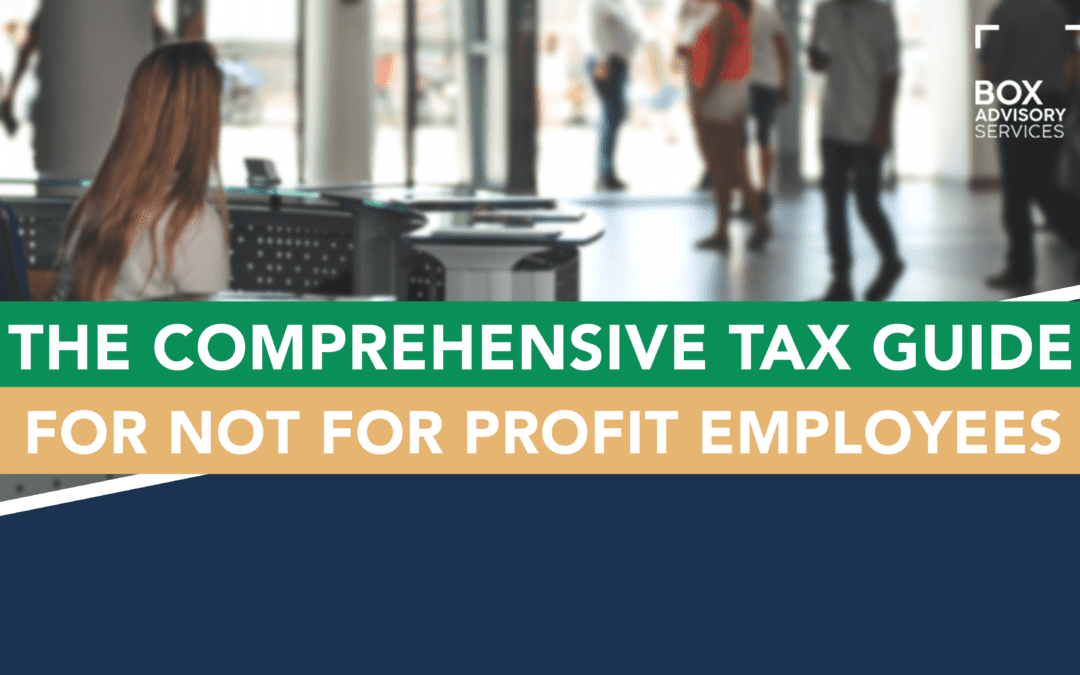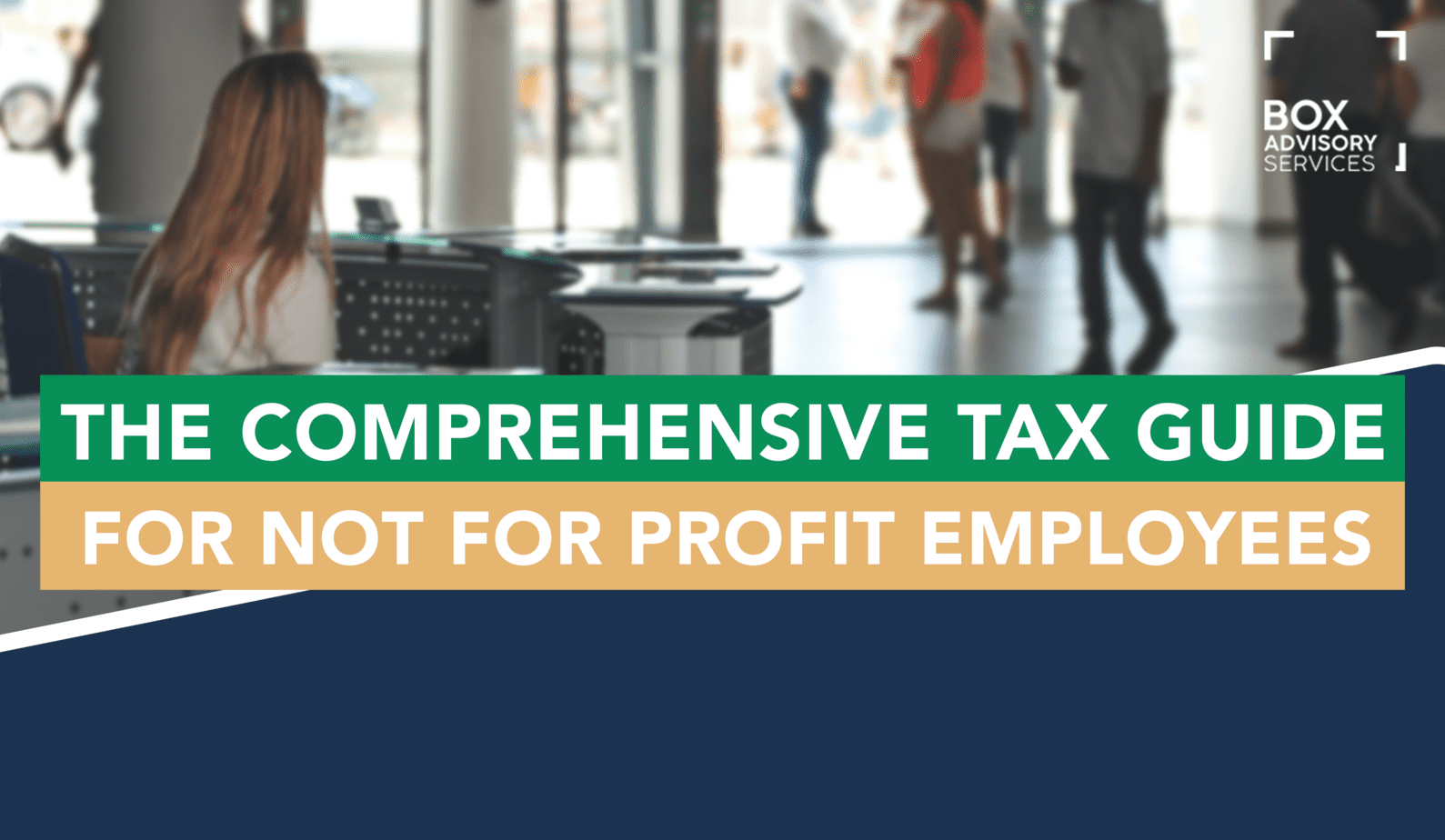As it stands, there are around 600,000 not-for-profit organisations in Australia, making up nearly 10% of the Australian workforce.
But, it’s no secret that the wages at these organisations don’t nearly compare to what they would be if you worked for a bigger corporate company. Thankfully, the job is far more rewarding for most not-for-profit employees than just a paycheck.
Beyond that, however, the Australian Tax Office offers generous benefits that workers in the private sector don’t necessarily have access to. For example, one of the most common tax concessions for not-for-profit employees is tax-free salary packaging.
So, in this blog, we’re going to explore what salary packaging means and how it can benefit you.
Contents
What is Tax-Free Salary Packaging, and How Does it Impact Your Income Tax?
Not-for-profit organisations generally use salary sacrifice arrangements as a tool to attract top-quality employees. It’s common knowledge that these organisations don’t necessarily have the research to pay top-quality wages.

Essentially, not-for-profit employers have a different tax status to other organisations and companies in Australia. The Australian Tax Office (ATO) offers them various concessions, such as a rebate for Fringe Benefits Tax (FBT). These benefits also allow them to provide their employees with a salary sacrificing arrangement.
In simple terms, this kind of salary packaging arrangement allows your not-for-profit organisation to allocate a portion of your income to pay specific expenses before your income tax is calculated. This means you’ll pay far less tax and increase the amount of money you pocket each month.
Basically, your employer can increase your income offer by paying for specified expenses using your pre-tax salary.
Now, I know you’re probably thinking that corporate organisations also offer salary sacrificing arrangements, but it’s generally limited to work car repayments, for example. There are actually far more fixed amount expenses that not-for-profit organisations can incorporate in their salary sacrificing arrangements.
These include:
- School fees
- Rental payments
- Home loan repayments
- Car payments
- Parking fees
- Loan and credit card repayments
- General living expenses such as utility bills, fuel and groceries.
Beyond the extensive list of expenses, not-for-profit employees are eligible for higher-level discounts and cost exemptions that aren’t necessarily available to employees who work in the private sector.
As a not-for-profit employee, entering into a salary sacrificing arrangement with your employer could make a significant difference to what you pocket every month. It’s also a win-win situation for employers because they provide you with the benefits and won’t have to pay Fringe Benefits Tax thanks to the FBT rebate.
How Can a Salary Packaging Arrangement Save You on Tax?
It’s important to note that a salary packaging arrangement doesn’t change your income amount. Instead, it allows you to pay for the expenses listed above before tax is paid.
So, once you have agreed to enter into this arrangement with your employer, part of your salary is set aside or ‘packaged’ into pre-tax funds to pay for your personal expenses. You won’t have to pay tax on this packaged amount.
However, the amount that you can salary package is capped at $15,900. In other words, you can’t set aside more than that amount to pay for your expenses pre-tax.
There is also a separate meal entertainment tax concession that allows not-for-profit employees to salary package their food costs if they eat out at restaurants, cafes, pubs, clubs and bistros. This is also capped, and the maximum you can package is $2,650 per FBT year. However, this restriction is in addition to the everyday living expenses cap discussed above.

Are There Any Uncapped Benefits?
Beyond the expenses listed above, and the capped meal entertainment benefit that comes with salary packaging, you can also pay for a range of other costs that don’t fall within the restricted amount.
In other words, yes, there are uncapped benefits you can salary package as well, including:
- Voluntary superannuation contributions
- Novated leasing for your car
- Work-related self-education
- Professional memberships and subscriptions
- Bus travel benefits
- Other work-related expenses.
How Salary Packaging Can Benefit Not-For-Profit Employees
The best way to help you understand the benefits of this tax concession is to show you an example. So let’s look at a hypothetical situation a little closer.
Suppose Sandra is a carer at a group of not-for-profit hospitals, and her gross salary is $72,000. With that figure in mind, let’s compare how much she would pocket with and without a salary packaging arrangement:
Unpackaged Salary | Packaged Salary Arrangement | |
Gross Salary | $72,000 | $72,000 |
Salary sacrifice | nil | $15,900 |
Taxable income | $72,000 | $56,100 |
Tax | $13,867 | $8,699.50 |
Net income (after tax) | $58,133 | $63,300.50 |
Through her salary packaging arrangement via her not-for-profit organisation, Sandra is pocketing an extra $5,167.50 annually.
Key Takeaways
Major concessions are also available for not-for-profit employees, thanks to Australia’s Fringe Benefits Tax concessions.
The most significant way not-for-profit employees could benefit would be through a salary packaging arrangement. While most private sector organisations can also enter into these agreements with their employees, the expenses and cap amount is not nearly as extensive as those offered to those who work for not-for-profit organisations.
However, as with any financial decision, you need to ensure that the arrangement makes sense for your individual circumstances.
So, if you’re an organisation looking to establish these arrangements with your employees, you should get in touch with a qualified accountant. The same applies to an employee looking to determine whether it would make financial sense to agree to a salary packaging arrangement.
To find out how we can help you make FBT and salary packaging simple and easy, book a free consultation with a Box Advisory accountant today.



